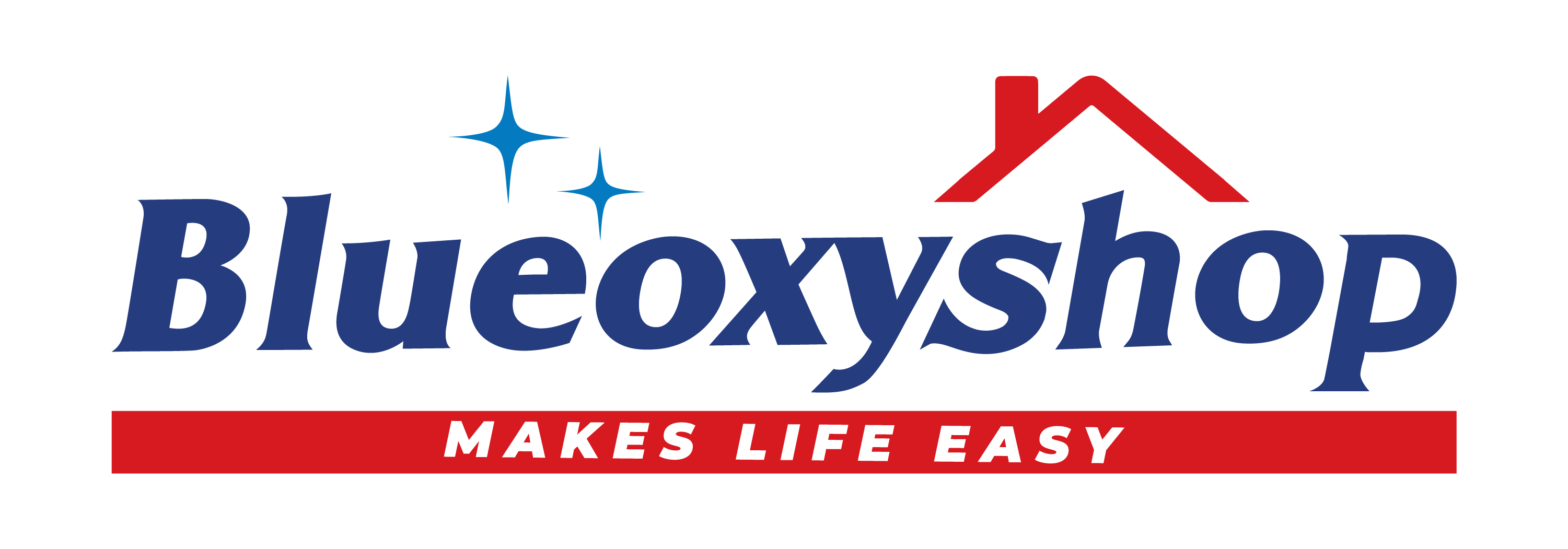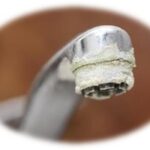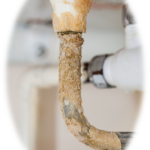Approximately million years ago, deposits of marine organisms came together to form limestone (calcium carbonate). These deposits form limestone mountains, dripstone caves, and coral reefs. When rainwater passes through calciferous rock layers and is enriched with calcium carbonate, it is known as hard water.
What are the sources of limescale in our residences?
Tap water containing hard water is brought into our households. When this hard water is heated or evaporated, it can form limescale on the affected surfaces.
Hard water is essential for human health and well-being.
Due to its calcium and magnesium content, hard water containing minerals is not detrimental to our well-being and may even benefit our health. For instance, calcium assists our bodies in constructing bones and teeth, while magnesium is a critical factor in muscle functioning.
What are the benefits of descaling in a domestic environment?
Hard water, while containing essential minerals for human health, can cause limescale to build up on surfaces and appliances. This limescale residue is not only unsightly, but it also reduces the heat transfer capacity of machines, leading to higher energy consumption. Our internal tests have revealed that a one-millimeter layer of limescale can increase power consumption by 8%.

Limescale buildup can create a sanitary concern, as it may spur the growth of bacteria. Additionally, this deposit can cause harm to ducts and valves found in devices such as coffee makers and washing machines, reducing the overall lifespan of these appliances.
Which is more effective, Blueoxy or home remedies?
Unlike home remedies such as vinegar and citric acid, professional descaling products like Blueoxy are much more effective and efficient at removing limescale deposits. For instance, one liter of Blueoxy Express can dissolve around 80 grams of limescale in just two hours, while the same amount of limescale would take 15 liters of vinegar and 48 hours to dissolve using home remedies. Blueoxy Powerful is even more powerful, providing even faster descaling results.
Particularly in regards to home appliances, vinegar can be detrimental to their seals as it dissolves softening agents out of plastic components. This weakens the seals and causes defects to arise. Additionally, vinegar may leave a disagreeable smell and taste that can accumulate in materials after descaling.
Citric acid has an adverse effect on limescale. When there are significant amounts of limescale present, the citric acid will form a protective seal over the limescale, resulting in deposits that are now insoluble. These deposits can eventually clog the ducts and valves of domestic appliances such as washing machines and coffee makers, thus decreasing their shelf life.









